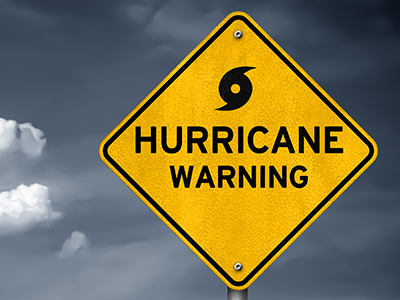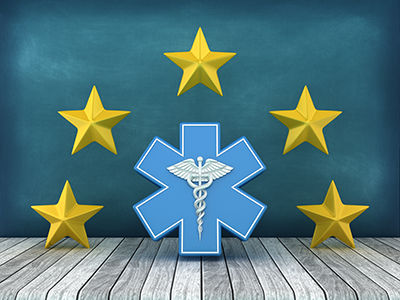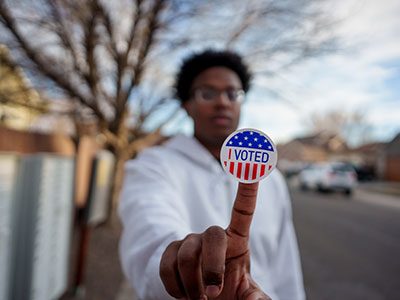In the current age of social media, many teenagers are participating in dangerous internet challenges, jeopardizing their physical health. Teens are typically motivated to try these challenges such as the condom-snorting challenge, the Tide pod challenge and the Carolina Reaper challenge in an effort to “go viral” and earn more likes, views and subscribers on popular social media platforms like YouTube, Facebook and Twitter.
What is the “condom-snorting challenge?”
The latest online trend, known as the “condom-snorting challenge,’” started gaining attention in 2013, and it is currently making a comeback in 2018. To complete the challenge, individuals snort, or inhale a condom up their nose and attempt to pull it out through their mouth.
This “game,” and other dangerous challenges, has been exploding on social media over the past decade and teens have been recording themselves doing these ill-advised stunts for years. Aside from the obviously uncomfortable and quite painful process of inhaling a condom, it could easily get stuck in the nose or throat, blocking a person’s ability to breathe and causing them to choke.
The consequences and health risks are serious and life threatening. In a case published in the Journal of Medical Case Reports, a 26-year-old woman accidentally swallowed a condom and a piece of it traveled to her appendix. This incident resulted in appendicitis, which is typically caused by a painful swelling and infection of the appendix (a narrow, finger-like pouch that branches off the large intestine).
It bears asking an obvious question: Is it worth risking your life in exchange for gaining more likes and/or views? Although the answer may seem equally obvious, unfortunately, many teens think the risk is worth the “reward.” It is imperative that doctors warn parents about these types of internet challenges that could compromise their children’s health. More importantly, parents should educate themselves about how to manage the situation if their own children engage in potentially life-threatening experiences.
As I told a reporter for the Washington Post, I have not yet treated a patient who has participated in the condom-snorting challenge. However, I would advise others against it.
Teenagers like to try new things. At that age, it is understandable that they like to take risks and to be social. It can be tempting to participate when peers are egging you on.
Parents and teachers should speak with children to help them discover less risky ways to experience new and exciting things.
Other popular internet challenges: Tide pod & Carolina Reaper
In early 2016, videos started to circulate online showing teenagers participating in another game called the “Tide pod challenge” in an attempt to become “YouTube Famous.” The challenge involved teenagers biting into liquid laundry detergent packets, or even cooking them in skillets before ingesting the dangerous chemicals. Obviously, this challenge has raised serious health concerns from the medical community regarding the risks associated with the challenge that could end with fatalities.
Another popular internet challenge that is heating up social media is the “Carolina Reaper challenge,” which involves eating the hottest pepper in the world. As expected, eating a Carolina Reaper, or any extremely hot pepper, can lead to severe health problems like nausea, shortness of breath, seizures and, in a few extreme cases in children, death.
Many of these peppers contain the capsaicin compound, which stimulates nerve endings that communicate with your brain when your body feels pain or heat. Although capsaicin is unlikely to be harmful on its own, it can cause anxiety-related symptoms, especially in people with asthma.
Unlike other dangerous activities that threaten teenagers’ health, internet challenges are carried out because of a desire to be noticed and to garner attention online. Although these types of challenges are on the rise again, it is important for parents to become aware and take heed of the warnings about reckless internet stunts and the dangers associated with them.
If your child is involved in an incident involving poisoning of any sort, please contact 911 immediately. If you have additional questions, the National Capital Poison Center has a national hotline that you can call 24 hours a day to talk to a poison specialist. The contact number for the hotline is 1-800-222-1222.
 https://riseandshine.childrensnational.org/wp-content/uploads/2025/03/kids-party-feature.jpg
300
400
Rise and Shine
https://riseandshine.childrensnational.org/wp-content/uploads/2017/11/childrens_riseandshine_logo.jpg
Rise and Shine2025-03-24 16:37:472025-03-24 16:40:16The truth about measles parties: Why vaccination is always the safer choice
https://riseandshine.childrensnational.org/wp-content/uploads/2025/03/kids-party-feature.jpg
300
400
Rise and Shine
https://riseandshine.childrensnational.org/wp-content/uploads/2017/11/childrens_riseandshine_logo.jpg
Rise and Shine2025-03-24 16:37:472025-03-24 16:40:16The truth about measles parties: Why vaccination is always the safer choice


 Krishna Upadhya, MD, MPH, was an assistant professor of pediatrics in the Division of Adolescent and Young Adult Medicine. In addition to providing clinical care to youth, she is actively involved in teaching, research and advocacy.
Krishna Upadhya, MD, MPH, was an assistant professor of pediatrics in the Division of Adolescent and Young Adult Medicine. In addition to providing clinical care to youth, she is actively involved in teaching, research and advocacy.


















Leave a Comment
Want to join the discussion?Feel free to contribute!